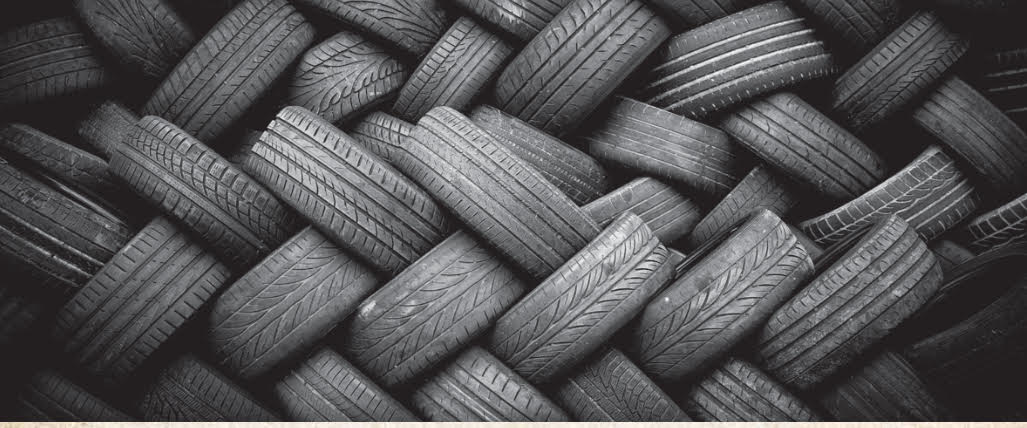
- Details
- By Native News Online Staff
Holding true to good environmental practices to protect Nokmëskinan (Grandmother Earth), the Match-E-Be-Nash-She-Wish (Gun Lake Tribe), based in Shelbyville, Mich., announced on Monday it will host a free tire waste recycling event on Thursday, July 18 from 11:00 a.m. – 2:00 p.m. or until capacity has been met in Wayland. This event is being held in conjunction with local tire recycler Cobalt Holdings.
The public is invited to take advantage of this opportunity to properly and safely dispose of tires within the community. Cobalt Holdings does not ship tires overseas and has a zero-landfill policy that requires all collected tires to be recycled, refurbished or reused. Most of the tires are recycled and turned into rubber mulch, rubberized asphalt applications, tire derived aggregate and equine turf.
Tires hold water and become mosquito breeding grounds. Meanwhile, tire piles are also a fire hazard because once ignited, they burn uncontrollably at very high temperatures and produce black smoke and hazardous, oily residue. As a reminder, whole tires are not allowed in Michigan landfills.
Acceptable items at the Tire Waste Recycling event include all tire types, with the exception of tractor tires. Steel rims are allowed. There is a limit of 10 tires per vehicle.
Where:
Gun Lake Casino (Parking Lot)
1123 129th Avenue, Wayland, Michigan
** Follow Signs to Collection **
When:
Thursday, July 18, 2024 | 11:00 a.m. – 2:00 p.m.
More Stories Like This
Southern Sierra Miwuk Nation Gets 900-Acres ofLand BackChilkat Indian Village Tells New Palmer Mine Owners They Are “Not Welcome” in Chilkat Valley
Tribes, Coastal Group Ask Army Corps to Revoke Permit for Texas Export Terminal
Michigan Tribes Tell Supreme Court: Don’t Bail Out Enbridge
Alaskans Raise More Than $1 Million For Communities Devastated by Typhoon Halong
Help us defend tribal sovereignty.
At Native News Online, our mission is rooted in telling the stories that strengthen sovereignty and uplift Indigenous voices — not just at year’s end, but every single day.
Because of your generosity last year, we were able to keep our reporters on the ground in tribal communities, at national gatherings and in the halls of Congress — covering the issues that matter most to Indian Country: sovereignty, culture, education, health and economic opportunity.
That support sustained us through a tough year in 2025. Now, as we look to the year ahead, we need your help right now to ensure warrior journalism remains strong — reporting that defends tribal sovereignty, amplifies Native truth, and holds power accountable.
 The stakes couldn't be higher. Your support keeps Native voices heard, Native stories told and Native sovereignty defended.
The stakes couldn't be higher. Your support keeps Native voices heard, Native stories told and Native sovereignty defended.
Stand with Warrior Journalism today.
Levi Rickert (Potawatomi), Editor & Publisher

